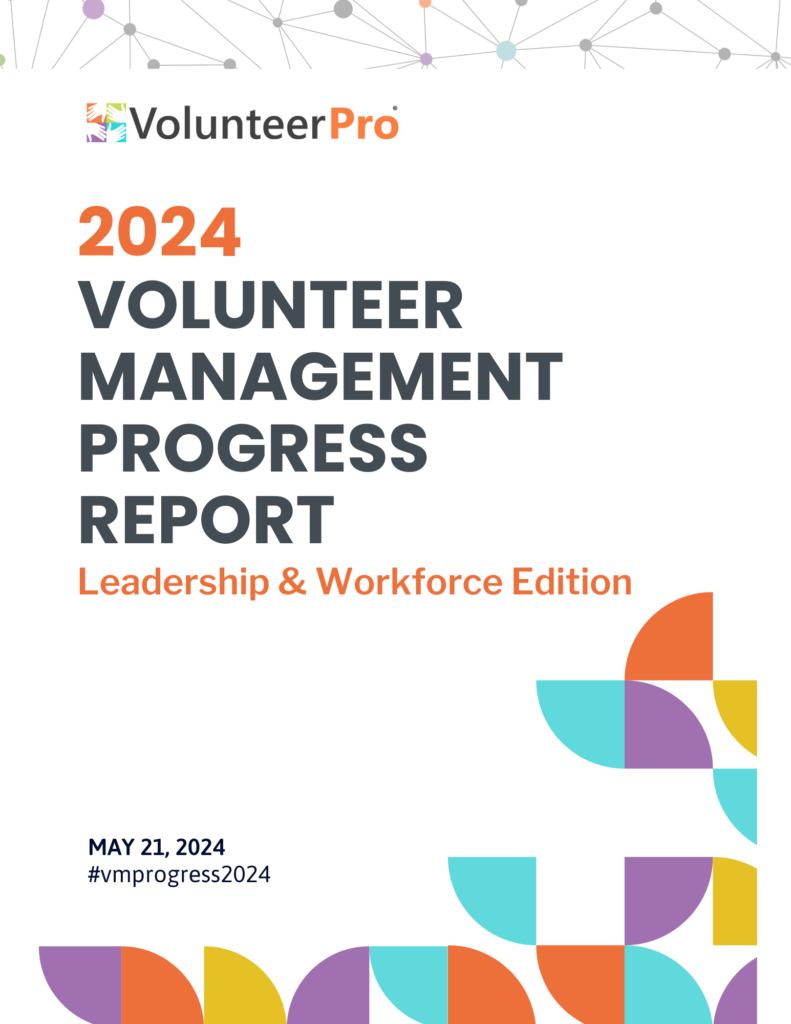
7 Hidden Strengths of Volunteer Risk Management: It’s About Growth!
Volunteer risk management is more than just keeping bad things from happening – it can also help you make better planning and management decisions and support the growth and sustainability of your nonprofit.
There is no shortage of scandals in the media. Without the funds for expensive legal defense, most nonprofits won’t be able to weather a potential storm and are better served to prevent harm in the first place.
Leaders are calling for nonprofits to take potential risks seriously. By doing so, they also reap the rewards of a more strategic and effective approach to management and planning.
7 Ways Volunteer Risk Management Helps NonProfits Grow
Here are six ways a risk management planning process can help you prevent risk and build your capacity to serve.
1) Helps Set Agency Priorities: Orgs can’t understand their true priorities until they understand the threats opportunities they face.
2) Strengthens Planning Processes: Orgs can’t effectively plan strategically until they understand their concrete risks.
3) Reinforces Credibility Inside & Out: Orgs need donors to trust that they’re exercising effective stewardship over funding resources. Leaders need to know risks have been considered.
4) Supports Sustainability: Orgs need to be ready to increase service to recipients in the future & proper handling of risk can open up new areas of responsibility for volunteers.
5) Helps Orgs Comply with the Law: Orgs may unwittingly break employment-related rules unless they do the research required during risk assessments.
6) Prevents Insurance Claims: Insurance fails to provide early warning or response mechanisms for emerging threats, so orgs need something more.
7) Supports Ethical Practice & a Positive Culture: Orgs can’t protect the privacy and confidentiality of staff, volunteers and those they serve without a plan in place.
Luck is Unreliable
So, if you are blindly depending on it, you may be in trouble. Why not stack the deck instead?
The next time someone won’t give you the time, resources, or support to undertake a full volunteer risk management planning process, reiterate what’s in it for them, who you serve, your volunteers, your co-workers, your reputation, and your community…and what might be lost without it.








Leave A Comment